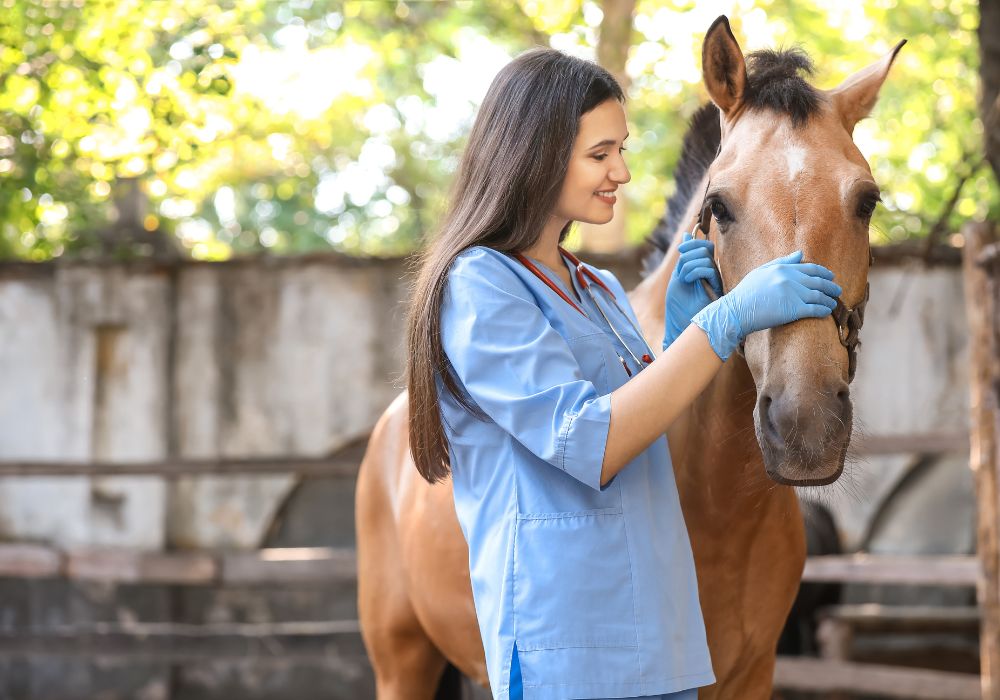Assessing Disease Alerts and Your Local Risk
The News That Caught Our Attention
Late October 2025 brought new disease alerts in the equine world: a confirmed case of Equine Influenza in a horse at a private facility in Skamania County, Washington. Meanwhile, nearby states reported outbreaks of Equine Herpesvirus - Respiratory and co-infections of influenza/respiratory herpes in Montana.
Although Washington hasn't faced large-scale quarantines or neurologic herpes outbreaks recently, these alerts serve as wake-up calls: disease doesn't always stay local, and even a "single case" in your region means you should evaluate your risk and your insurance.
Why These Alerts Matter to Washington Horse Owners
- Contagious nature: Equine influenza spreads rapidly via direct contact, shared tack, or aerosols. The Washington case highlights that even private facilities are vulnerable.
- Travel & movement risk: Horses move between states, events, training facilities; an outbreak in Montana or beyond could reach PNW barns via visitors or hauls. (The Montana alerts show how co-infections amplify risk.)
- Financial & operational impact: Disease mean vet bills, diagnostics, lost use of a horse or facility, possible quarantine - not just health consequences.
- Insurance relevance: This is exactly where equine insurance - mortality, major medical, loss of use, liability - becomes practical, not just optimal.
Questions to Ask About Your Current Insurance
- Does your policy specifically cover infectious disease?
- Do you have coverage for loss of use if a horse recovers but cannot perform at prior level?
- Does your insurance address quarantine, transportation interruptions, or facility shutdown?
- Are the liability risks covered if you board, train or host horses that may bring in disease?
- Have you reviewed your policy after changes — new horses, new disciplines, new travel routines?
Practical Steps You Can Take Right Now
- Update your biosecurity plan: Isolate new or returning horses for 10-14 days; disinfect buckets, tack, trailers; avoid nose-to-nose contact.
- Monitor health daily: Take temperatures, check for coughs, nasal discharge, lethargy. Early detection reduces risk.
- Talk to your vest about latest vaccines and protocols for influenza/herpes in the PNW region.
- Review and update your insurance with Sea Mountain - tailor your coverage to your level of risk, whether you're a pleasure-owner, competitor, or boarding facility.
- Communicate with your facility community: share policies for visiting horses, ensure visitors understand biosecurity and insurance expectations.
How Sea Mountain Insurance Can Help
At Sea Mountain Insurance, we understand the unique equine market of Washington and the Pacific Northwest. We work with horse owners, trainers, and facilities to tailor coverage including:
- Infectious disease coverage (influenza, herpes, etc)
- Mortality & major medical insurance
- Loss of use protection for performance/hobby horses
- Facility liability and boarding/training risk coverage
Our goal: give you peace of mind so that when the unexpected does hit - whether nearby or "just across state lines" - you're not scrambling. Instead you can focus on your horse's health, your stable's recovery, and getting back to what you love.
If you haven't reviewed your equine policy lately, now's the time. Contact Sea Mountain Insurance today and let's make sure you're covered from the unexpected - not just the probable.
